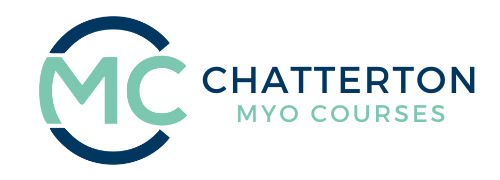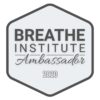Myofunctional Disorders Therapy: Unleashing the Power of Specialized Training
Are you wondering if your patients can benefit from specialized treatments beyond your typical speech therapy methods? We understand how frustrating it can be when your patient’s condition is not progressing as expected. After all, you want their quality of life to improve, and you deserve access to the necessary tools to make that happen.
This blog post will explore the power of specialized training and therapies for treating these complex issues. From orofacial muscle exercises to oral postural techniques, you’ll find various alternatives to help your patients breathe, swallow and sleep better. That way, you can discover which approach works better for each patient. Let’s begin!
The Complexity of Myofunctional Disorders: Why Is Every Patient Unique?
Myofunctional disorders (MFD) are complex conditions affecting breathing, speech, and swallowing. The symptoms vary from person to person, making each case unique in its own way. For example, some people may experience difficulty swallowing and speaking; for others, the problem is mainly related to their posture when speaking.
Therefore, when treating patients with MFDs, the traditional speech therapy approach may not be enough. That’s why Speech-Language Pathologists like yourself often seek specialized training and therapies to help their patients. Sometimes it also takes trial and error to find the right combination of treatments for each patient, so it’s important to stay optimistic.
The Best Techniques for Myofunctional Therapy
Training for myofunctional therapy is one of the wisest choices any SLP specialist can take. This approach offers various techniques that target the underlying causes of Myofunctional Disorders. That way, patients can progress and improve their quality of life much faster. Here are some of the techniques you should consider when tackling an MFD:
Orofacial Muscle Exercises: This exercise helps strengthen the muscles involved in swallowing, speaking, and breathing. It also helps a person develop better coordination between these functions.
Nasal Breathing Exercises: Breathing retraining exercises help to reduce mouth breathing. These exercises also help develop better control of the nose and throat muscles used for breathing.
Tongue Exercises: Tongue slides, stretches, and clenching exercises help reduce the forward, resting posture of the tongue. That way, the patient develops better control and coordination over their speech.
Postural Exercises: These specialized exercises help encourage proper head and neck positioning during speaking, swallowing, and breathing activities.
By implementing these techniques into your practice, you can help your patients maximize their outcomes and achieve their goals faster. This approach also allows patients to exercise at home, bringing new progress into each session.
Discover The Impact of Myofunctional Therapy at Chatterton Myo Courses
Watching your patients improve and thrive is one of the greatest joys of being a medical professional. However, you must face a long and rough path before seeing any results. That’s why accessing specialized training can make a huge difference when treating patients with MFDs- you’ll find that at Chatterton Myo Courses.
We understand how much your patients matter to you and want you to have the best tools to treat them. Many doctors have enhanced their practice with our intensive courses- you can do it too! If you don’t enroll now, you could miss out on a great opportunity to improve your medical care. Why not give it a try? Let us help you become the expert you know you can be!

